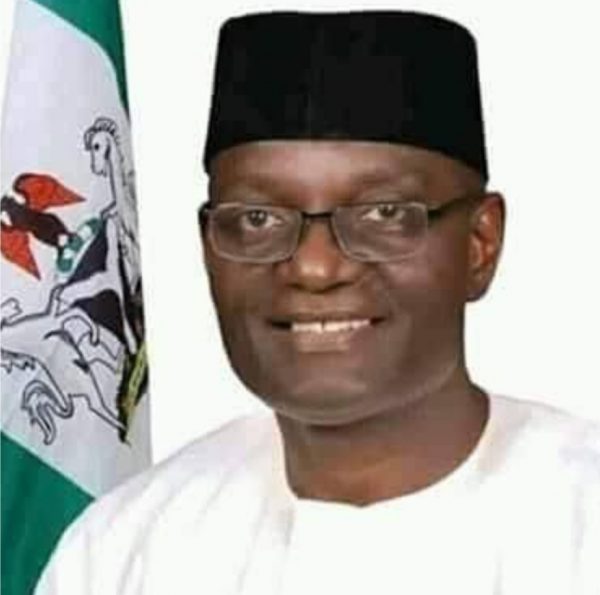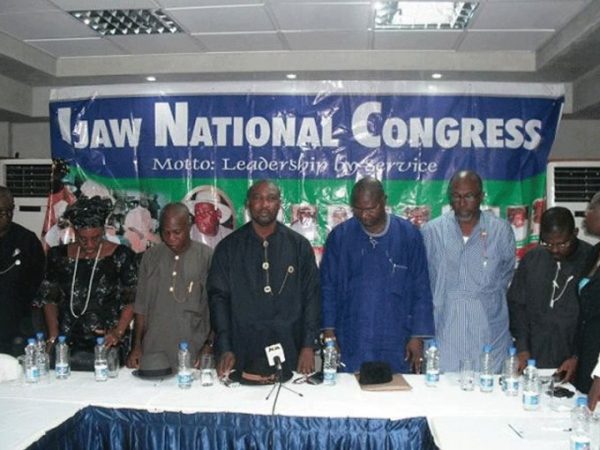Police Can’t Detain Cargoes, Says Shippers Council

The Executive Secretary of the Nigerian Shippers Council, Emmanuel Jime, has said that the Nigerian Police Force do not have the right to detain a cargo that has already been cleared by officers of the Nigerian Customs Service.
Jime said this on Tuesday in Lagos during a multi-agency stakeholders enlightenment programme, organised by the NSC in collaboration with the Presidential Enabling Business Environment Council.
He appealed to the police and other agencies of the government to stop checking or detaining containers already cleared by the NC along the port corridor or inside the ports.
The NSC boss wondered why men of the police would stop or detain a container that had already been cleared by the Customs.
He said, “The problem we have now is that we have Customs on one side checking cargoes, and police on the other hand also checking cargoes. These are things that shouldn’t exist. If Customs clears a cargo, the Police do not have the authority to detain such cargo. If the police have intelligence on a cargo, they should escort the container to the final spot of discharge and then check the container right there. Congesting our ports or ports access roads with detained containers is not helping the ease of doing business at our ports.”
Jime said all the agencies of the government, including the Nigerian Ports Authority, NSC, National Agency for Food Drugs Administration and Control, among others, have to collaborate to facilitate trade in the country.
“We all have our different roles cut out for us. Let us look at how we can interface with each other and harmonise our operations to help facilitate trade. If NAFDAC flags a container that has already been cleared by the Standard organisation of Nigeria, it shouldn’t lead to clogging of the port access roads or port congestion. We need to harmonise our operations for the benefit of the country.
“Economic growth of this country is hinged primarily on export. In 2021, statistics showed that just one per cent increase in Nigeria’s agricultural products boosted our economic growth by 25 per cent. That means Nigeria has the potential to do much more, and we know this. However, there are two issues: impediment to access to markets, and impediments to access to finance for export,” he further stated.
He stressed the need to tackle the challenges hindering Nigerian farmers from having access to international markets.







